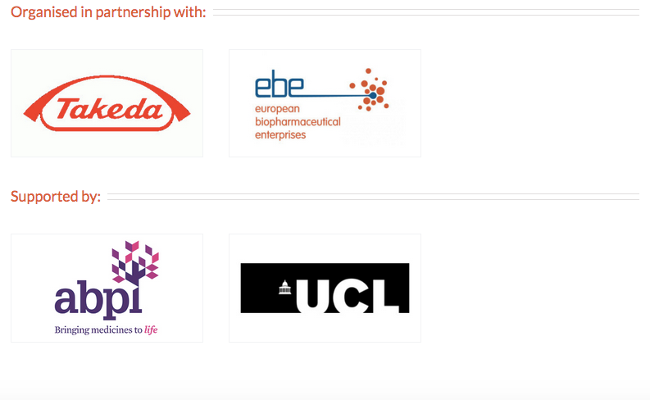Events
“Better Science, Better Health” hosts a series of international conferences to outline research and innovation in adaptive clinical pathways and patient data usage.
Forthcoming Event
Recent Events
Archive
DIA Global 2018: Value Pricing Bootcamp: A Crash Course in How to Use Real World Evidence to Better Measure Outcomes and Evaluate New Innovative Therapies
24th June 2018, Boston, USA
Duane Schulthess, Managing Director of Vital Transformation, and Luca Pani, former Director General of the Italian Medicine's Agency and currently a Faculty Member at the University of Miami, will run a 3 hour and 15 minute Short Course outlining how best to harness RWE to better understand the price, value, and impact of next generation therapies.
DIA Value, Access and Regulatory Strategy Workshop
25 Oct 2017 8:00 AM – 26 Oct 2017 3:30 PM Radisson Blu Steinentorstrasse 25 4001 Basel Switzerland
Better Science, Better Health: Advanced Therapies – Opportunities and Challenges
14th November 2017, London
BMA House
Tavistock Square
London-WC1H 9JP
A European perspective to accelerate Advanced Therapies Gathering the World’s Thought Leaders in Advanced Therapies.

WEBINAR – IMI Get Real: Launch PragMagic – an innovative tool to assist pragmatic trial design
8 June, 2017
In this webinar we introduced our view on pragmatic trials, discuss the forces at work that we captured in the tool and the game and usability of the design of the tool. We’ll finish with a demonstration of the tool.
EMIF – Digital Citizen, Digital Patient – Overview & Agenda
28th-29th June, Tallinn, Estonia
This conference will inspire EU healthcare thought leaders to present research findings and share best practices on the use of data at all points of the healthcare value chain.
WEBINAR: Can Europe bring the next generation of biotech therapies to market?
February 13th, 2017
This webinar will discuss the mounting challenges to Europe's ATMP sector, and offer tangible suggestions as to what needs to be done to ensure the EU maintains its ability to develop needed new therapies and bring them to patients.
WEBINAR: “IMI GetReal’s RWE Navigator – Making Real World Evidence Real”
March 8th, 2017
This webinar will present an overview of the challenges to drug development from the standpoint of the need for new sources of evidence. It will also include a presentation on what the 'RWE Navigator' is, and what it does with a live demonstration of the web tool.
DIA Bioventure Day 2017 – Crown Plaza Glasgow, UK
March 28th, 2017
DIA is excited to convene its 1st BioVenture Day, in a unique format with participation of a very broad set of senior Health Care stakeholders.You will be able to explore whether the current BioVenture paradigm is delivering return for patients, investors, and the Health Care system.
IMI 1 GetReal closing meeting – Agenda
24th November 2016
IMI 1 GetReal closing meeting: ‘Delivering tools for real-world evidence development’
Supported by:

WEBINAR: GetReal – Identifying the Operational challenges of Performing RWE Research (WP3)
October 6, 2016
WP 3 has two main goals. Identify operational challenges when implementing RWE research to investigate the effectiveness of medicines, earlier in the medicine development process. Second, to estimate the impact of these challenges on the ability to generate the RWE originally aimed for and the feasibility of the research and provide practical solutions to help address them. This webinar will update you on these goals.
DIA 2016: #302 Europe and the US: Making Outcomes-Based Health Care Possible
June 29, 2016, Philadelphia Europe and the US are experimenting with ways to develop therapies based on their actual ‘real world’ performance. This session will discuss the benefits and challenges of outcomes-based health care, as well as the remaining barriers to implementation.
EMIF: E-managing the Future of Health Data
March 16th-17th, Budapest
Harnessing electronic health records and real world evidence to create new therapies more efficiently is quickly becoming a reality. How do we maximize the benefits offered by harnessing available health data while solving issues around its reuse and work with regulators to provide the right evidence?.
Supported by:

